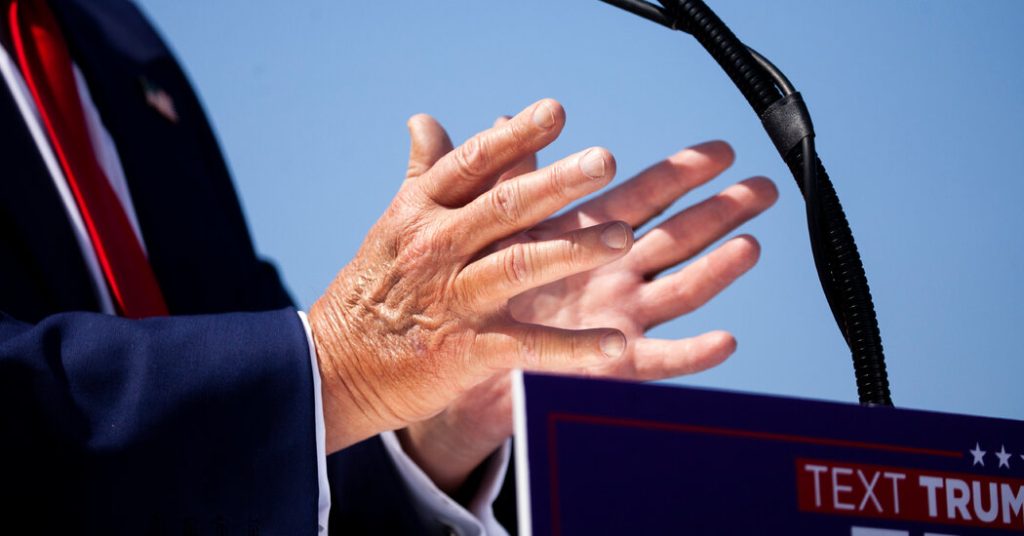Gail Collins and Bret Stephens discuss the attempted assassination of a former president, expressing relief that he was unharmed and highlighting the issue of gun culture in the United States. They compare the suspect to other individuals seeking fame through violence. Moving on to the presidential debate, they discuss Kamala Harris’s performance and the implications for the election. Stephens expresses his concerns about the potential outcomes of a Trump or Harris presidency, noting the cultural and geopolitical implications of each scenario.
The conversation shifts to Congress and the challenges faced by Republicans in passing a temporary spending package to keep the government running. They discuss the chaotic nature of the House Republican caucus and its potential impact on the political landscape. The discussion then turns to New York City Mayor Eric Adams, with Collins noting the controversies surrounding his administration. They reflect on the difficulty of finding a successful mayor in New York City and the broader challenges facing American politics.
Stephens highlights the successful tenure of former New York City Mayor Michael Bloomberg and questions why America seems to lack good politicians in the current political climate. Collins attributes the perceived decline in political leadership to the rise of online commentary and the proliferation of misinformation. They discuss immigration policy, the impact of unchecked migration, and the need for orderly and legal immigration processes in the United States. The conversation also touches on the influence of conspiracy theorists like Tucker Carlson and Laura Loomer on political discourse.
Collins playfully urges Stephens to vote for Kamala Harris, referencing Taylor Swift as a potential motivating factor. They conclude their discussion with a light-hearted exchange, acknowledging the ongoing nature of their political debates and the possibility of revisiting these issues in the future. Their conversation highlights the complex and contentious nature of contemporary politics, touching on a range of topics including gun violence, presidential debates, mayoral leadership, and immigration policy. Despite their differing perspectives, Collins and Stephens engage in thoughtful and nuanced discussions on current events and political issues.












